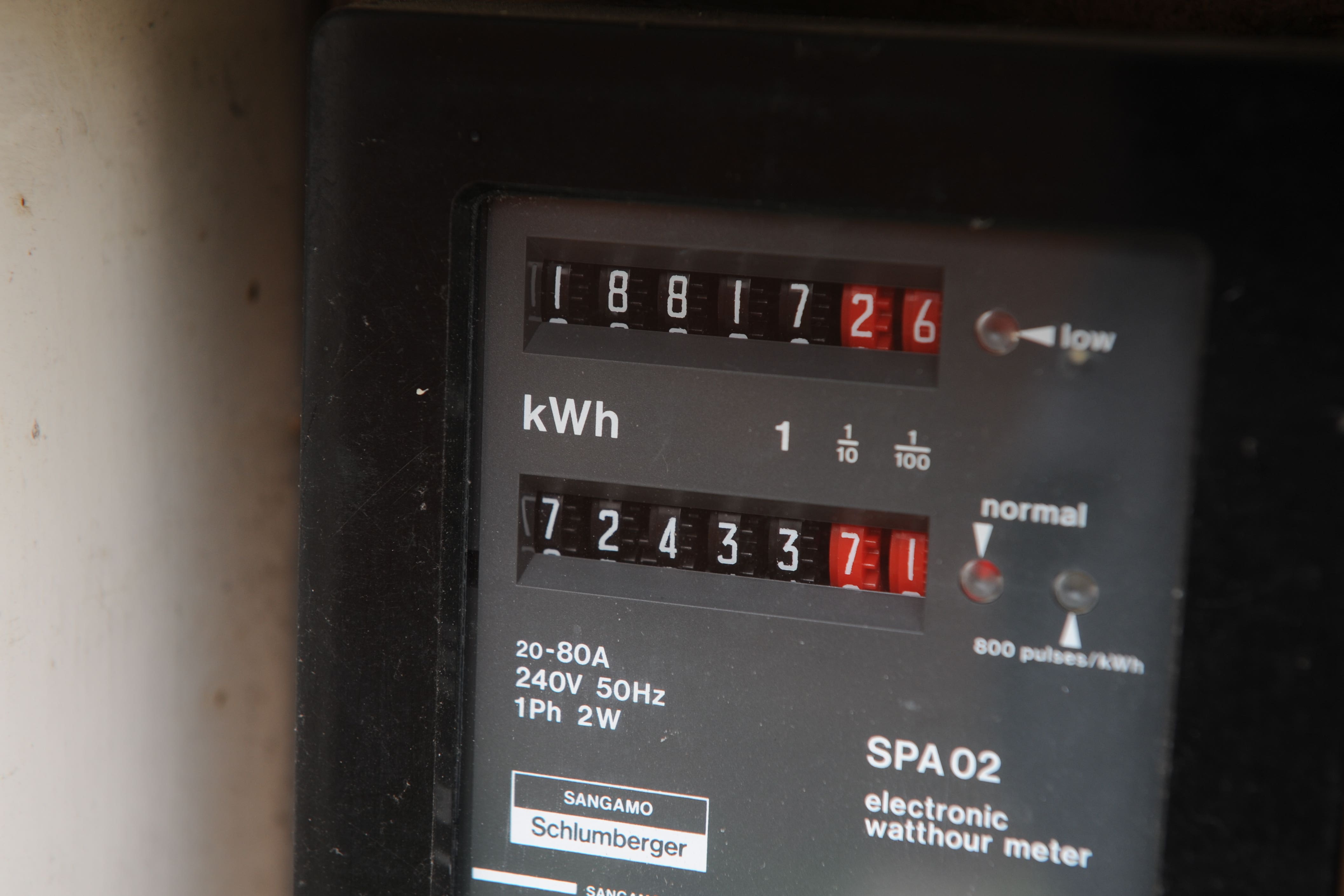Households urged to send meter readings ahead of July 1 price cap drop
Households should submit meter readings before midnight on June 30 to ensure they are paying the lower prices as soon as they come into effect.

Your support helps us to tell the story
From reproductive rights to climate change to Big Tech, The Independent is on the ground when the story is developing. Whether it's investigating the financials of Elon Musk's pro-Trump PAC or producing our latest documentary, 'The A Word', which shines a light on the American women fighting for reproductive rights, we know how important it is to parse out the facts from the messaging.
At such a critical moment in US history, we need reporters on the ground. Your donation allows us to keep sending journalists to speak to both sides of the story.
The Independent is trusted by Americans across the entire political spectrum. And unlike many other quality news outlets, we choose not to lock Americans out of our reporting and analysis with paywalls. We believe quality journalism should be available to everyone, paid for by those who can afford it.
Your support makes all the difference.Households have been urged to send meter readings to their energy supplier ahead of Ofgem’s lowered price cap coming into effect on July 1.
The average household energy bill will fall by £426 a year from July after Ofgem dropped its price cap following tumbling wholesale prices.
The regulator announced it is cutting its price cap from £3,280 to £2,074 from July 1, marking the first time consumers on default tariffs have seen their prices fall since the global gas crisis took hold more than 18 months ago.
Households have been partly shielded from the most recent rise in prices by the Government’s Energy Price Guarantee (EPG), which limited annual energy costs to £2,500 for the average household – subsidising Ofgem’s price cap.
Ofgem’s latest cut means its cap will again govern household bills, resulting in a reduction of £426 from £2,500 to £2,074 – a fall of about 17%.
Households should submit meter readings before midnight on June 30 to ensure they are paying the lower prices as soon as they come into effect.
Accurate readings will stop the household’s supplier from estimating usage and potentially applying the old higher prices to energy that is used after June 30.
Those who, for whatever reason, cannot submit readings ahead of June 30 should do so as close to the date as possible, keeping a date-stamped photo as proof.
The energy price cap sets a limit on the maximum amount suppliers can charge for each unit of gas and electricity.
The headline price cap figure is an average across households rather than an absolute cap on bills, so those that use more will pay more.
It’s important that you take a meter reading so that you can make the most of the price drop
Gareth Kloet, energy spokesman at the Go Compare deal comparison site, said: “This drop will come as a very welcome relief for many households who have been struggling to pay their energy bills in the past year.
“If you compare energy prices with winter 2021 – when the price cap was set at £1,277 – the past 12 months have been a huge struggle for many, so this weekend’s drop is definitely a step in the right direction. However, it’s important that you take a meter reading so that you can make the most of the price drop.
“By taking a meter reading on June 30, before the price drop comes into force, it will mean that your energy company cannot charge you at the higher rate for any units that have been used after that date.”
Simon Francis, co-ordinator of the End Fuel Poverty Coalition, said: “As the new price cap comes in for most households, customers are still going to be paying roughly the same for their energy as they did last winter.
“And after months of inflation and the wider cost of living crisis, people are even less able to afford these high energy bills.
“The Government needs to use the summer to fix Britain’s broken energy system, because for millions of people the energy bills crisis is far from over.
“This means ramping up energy efficiency programmes, introducing a Help To Repay scheme to deal with the record levels of public energy debt and reforming energy pricing arrangements so that the benefits of cheap renewable energy are passed onto households.”